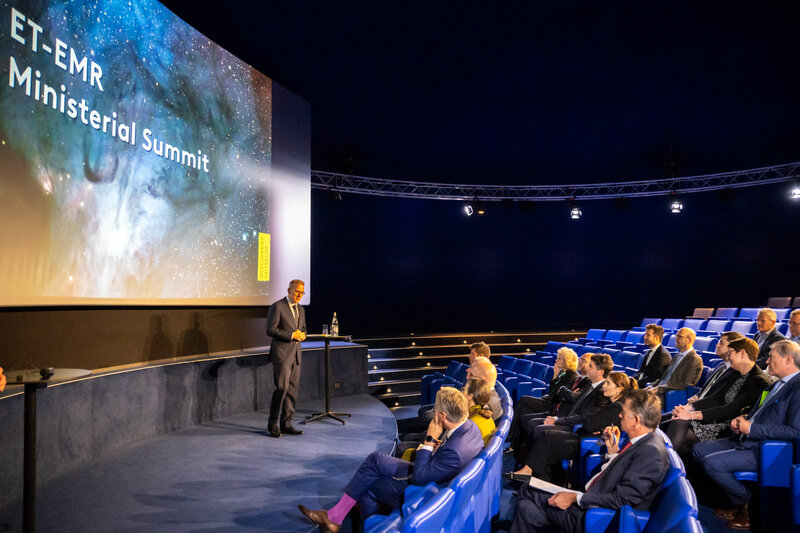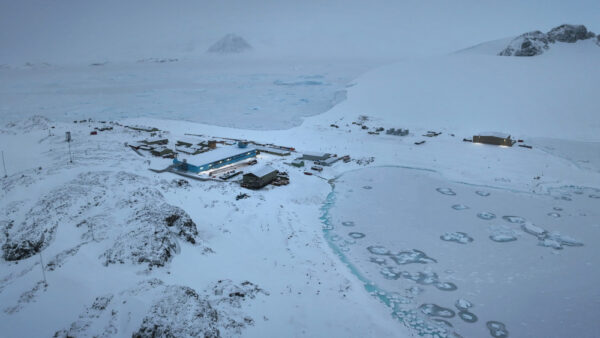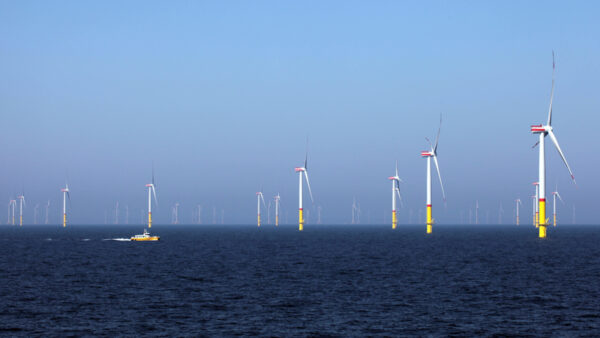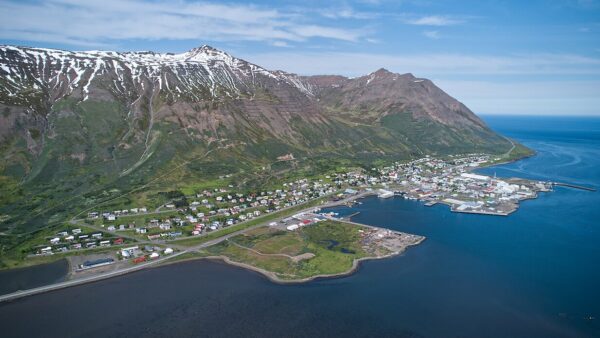
The Flemish government will contribute €200m to the more than €1bn cost of building the Einstein Telescope – a massive device about 300m underground that will record the passing of gravitational waves.
The announcement was made by Flemish minister-president Matthias Diependaele during a meeting to discuss the project, attended by politicians from Belgium, the Netherlands and Germany.
The three countries each want to install the telescope on its side of their mutual border, as does Italy, which has earmarked a site in Sardinia.
The decision on the location is expected to be made in 2026 or 2027, and construction should be completed before 2040.

The fluctuations travel at light speed and have a magnitude of about a billion-billionth of a metre, but the minute differences in the time that each arm flexes will allow scientists to determine where in the universe the event happened, and correlate it with astronomical observations.
The telescope will be fitted with a number of novel technologies, including a cryogenic system to cool the main optics to around –250 degrees centigrade, quantum devices that reduce the fluctuations of light waves and a set of noise-mitigation measures to reduce environmental perturbations.
The area on the border between Belgium, the Netherlands and Germany is thought to be particularly suitable for the telescope because its soft topsoil dampens vibrations caused by human activity.
- Subscribe here to get stories about construction around the world in your inbox three times a week
Further reading:






